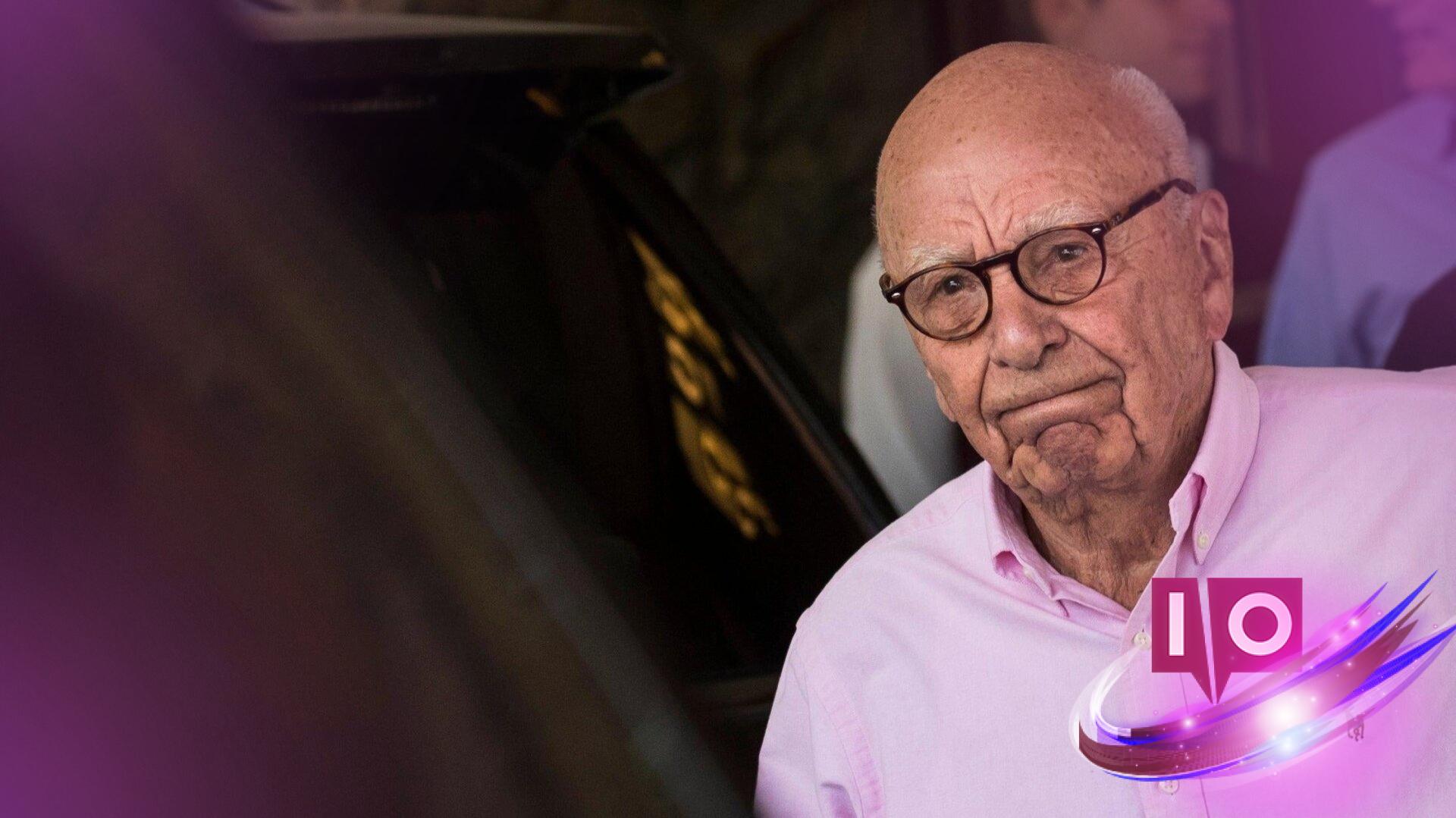The ongoing American acquisition of TikTok is heating up, and the latest revelations only add layers to this complex story. Former President Donald Trump has recently mentioned that media tycoon Rupert Murdoch and his son Lachlan could be significant players in the group aiming to buy the popular social media platform from its Chinese parent company, ByteDance.
Trump linked the Murdochs with notable figures involved in the deal, including Oracle CEO Larry Ellison and Dell Technologies CEO Michael Dell. Ellison has consistently been a name mentioned in relation to TikTok’s potential American transition and has maintained close relations with Trump since his first term. Interestingly, Ellison and his son also have significant stakes in Paramount, which has been quickly aligning CBS with Trump’s political narrative, including reported plans to onboard Bari Weiss into their newsroom.
While Trump did not mention the prominent venture capital firm Andreessen Horowitz, led by Marc Andreessen, nor Silver Lake, which earlier reports indicated might be part of the acquisition, he assured that “really great people, very prominent people” are involved.
The significance of the Murdochs here is fascinating. Despite their complicated history with Trump—largely due to the Wall Street Journal’s reporting on Trump’s associations—they recently traveled to the United Kingdom together, showcasing a complex yet long-standing relationship.
So, why is Murdoch interested? His media empire mainly draws from an aging audience that tunes into Fox News. Acquiring TikTok could enable him to reach a younger demographic and serve his version of conservative content to those who frequent the platform.
What does this mean for the social media landscape? The acquisition could radically transform how conservative narratives are marketed to younger viewers and reshape the app’s content ecosystem. TikTok offers a vast potential for engaging users in ways that traditional media cannot.
What are the political implications of Trump’s involvement with TikTok’s acquisition? The deal appears not only to aim at financial gain but also at shifting the platform’s narrative to align with certain political agendas, potentially influencing public opinion among younger audiences.
How could this acquisition affect TikTok users? Users may notice a shift in content moderation, the political leaning of featured content, and new partnerships that align with American conservative values, which could lead to an entirely new user experience.
What future trends can we anticipate if this acquisition goes through? If successful, the deal could spur a greater interest in other social media platforms, prompting similar acquisitions to cater to specific political narratives and ideologies.
In conclusion, the evolving situation surrounding TikTok is not just about a financial transaction; it’s a profound moment in the intersection of media, technology, and politics. Stay informed and explore more insights at Moyens I/O.
